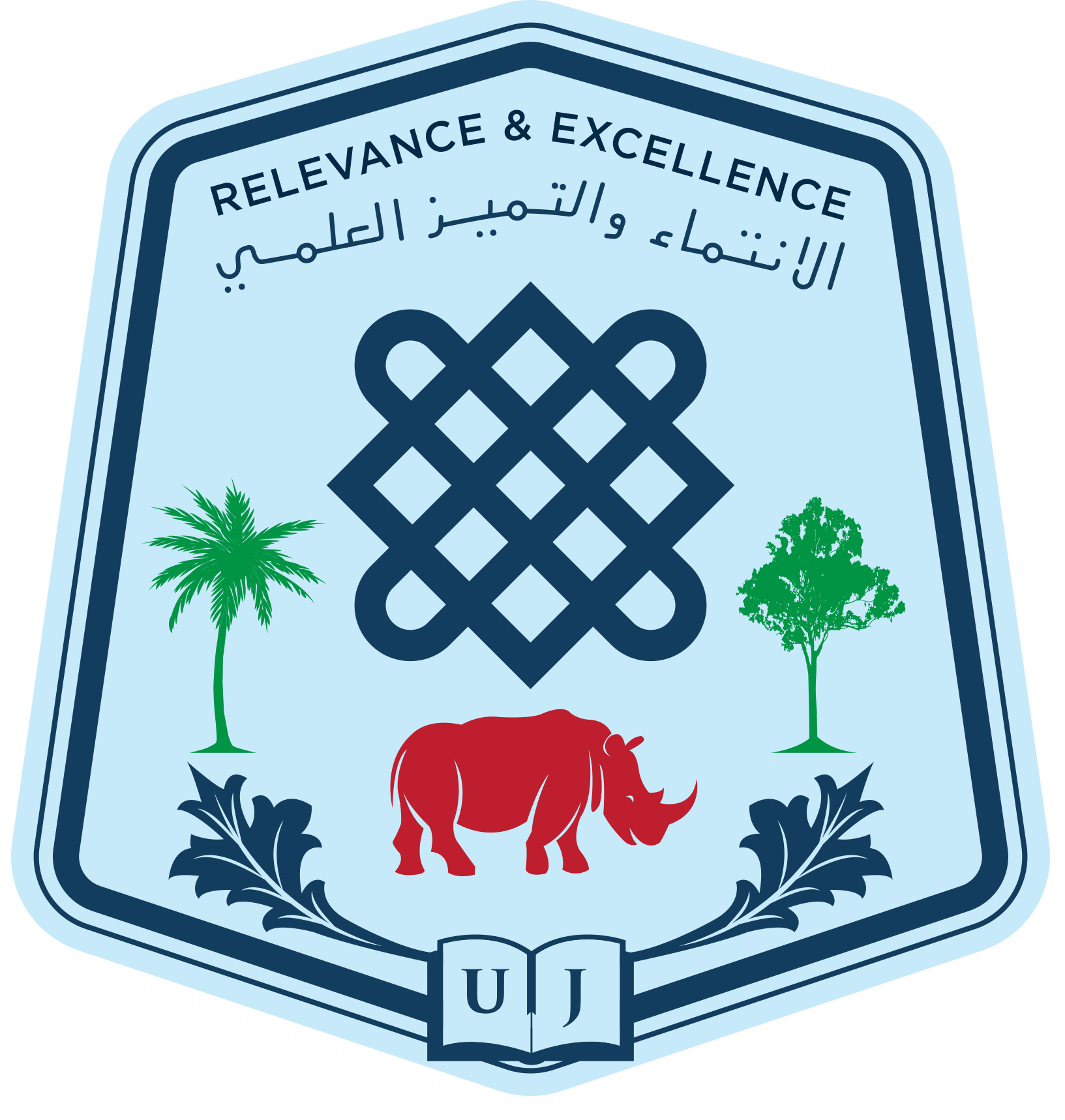Dr Lona James Elia, (PhD), Dr Abraham Kuol Nyuon, (PhD)
Abstract
This study explored the internal dynamics of women’s movements in South Sudan, focusing on the intersectionality of age, ethnicity, and class. The research aimed to understand how these intersecting identities shaped solidarity and fragmentation within the women’s movement in the post-conflict context of South Sudan. The study employed a robust intersectional feminist framework, combining qualitative and quantitative methods to analyze data from in-depth interviews, focus group discussions, and document analysis. The findings revealed that South Sudan’s women’s movements were characterized by a diverse array of organizations, networks, and informal groupings, reflecting the country’s social and political landscape. However, the movements were also marked by significant challenges, including age-based divisions, ethnic divisions, and class divisions. The study showed that 65% of women under 35 felt systematically excluded from leadership positions, while 70% of women’s organizations were based in urban areas, leaving rural areas underrepresented. Despite these challenges, the study identified moments of intersectional solidarity, particularly in campaigns against gender-based violence and community-level peace dialogues. These moments of solidarity were facilitated by the use of social media, traditional practices, and cultural events, which helped to build trust and foster a sense of community among women from different backgrounds. The study also highlighted the importance of addressing structural barriers to intersectional organizing, including resource scarcity, weak communication infrastructure, and security constraints. To address these barriers, the study recommended that women’s organizations develop explicit policies for ensuring diverse representation, establish formal mentorship programs, and adopt power-sharing mechanisms that guaranteed meaningful representation from diverse ethnic communities. The research contributed to broader theoretical debates about the relationship between diversity and solidarity in social movements, providing practical insights for strengthening women’s collective action in post-conflict contexts. The study’s findings had implications for policy and practice, highlighting the need for inclusive and participatory decision-making processes, cultural competency training, and capacity-building support for grassroots organizations.
Keywords: Intra-Movement Dynamics, Post-Conflict Contexts, Analysis, Intersectionality, Collective Action, South Sudan, Women Movements.
Download the PDF File Intra-movement Dynamics in Post-Conflict Contexts: An Analysis of Intersectionality and Collective Action in South Sudan’s Women’s Movements (2018-2025)
